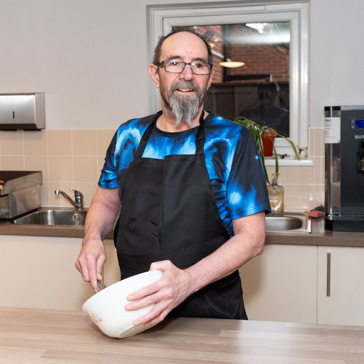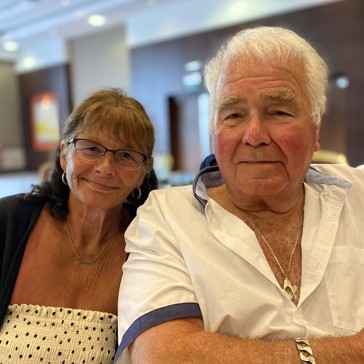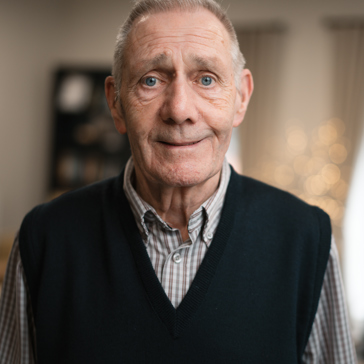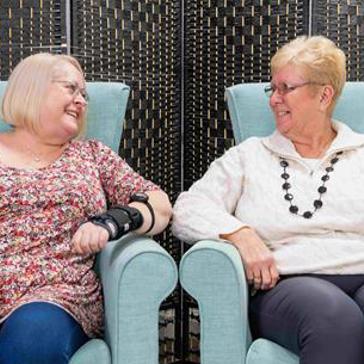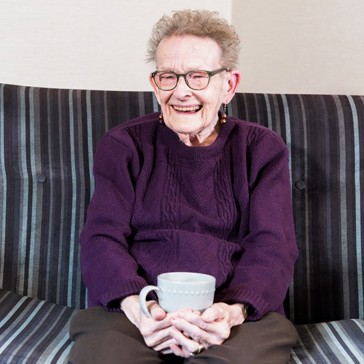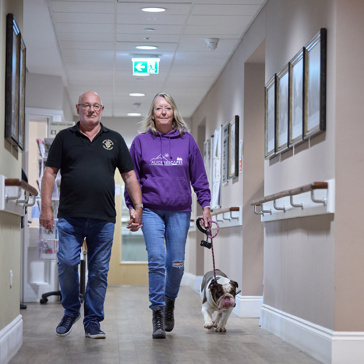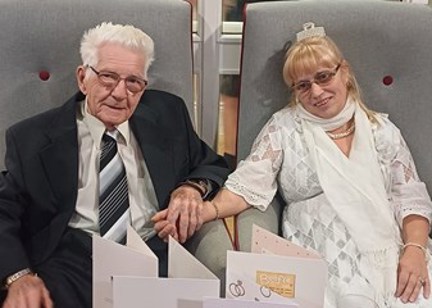
Our residents have a variety of reasons for choosing to live with us. Many appreciate the ability to maintain their independence, with the added reassurance of having onsite managers available for support when needed. Instead of speaking for them, we invite you to hear directly from our residents.
Resident stories from Retirement Living
In this short video our Retirement Living residents explain why they love living with us.
Meet the residents
Our Retirement Living properties offer residents the opportunity to live independently for longer. Meet the residents and find out why they chose us.

Resident stories from Extra Care
In this short video our Extra Care residents explain why they love living with us.
Meet the residents
Our Extra Care properties offer residents the opportunity to live independently for longer whilst being able to access care whenever they need it. Meet the residents and find out why they chose us.
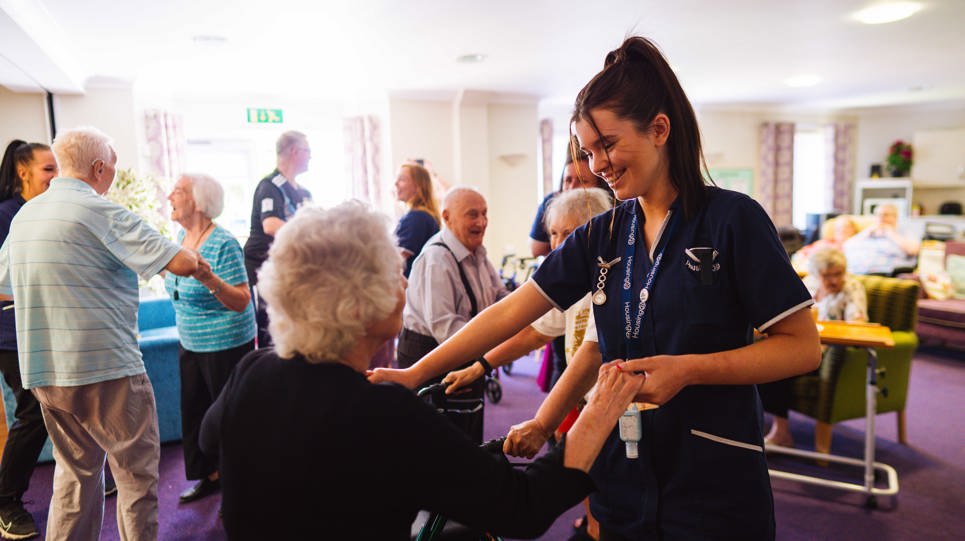

Would you like to share your story?
We are always interested to hear from our residents and would love for you to get in touch if you have a story to share.
You can email us or ask your local manager to get in touch with us on your behalf.
Email: communications@housing21.org.uk




